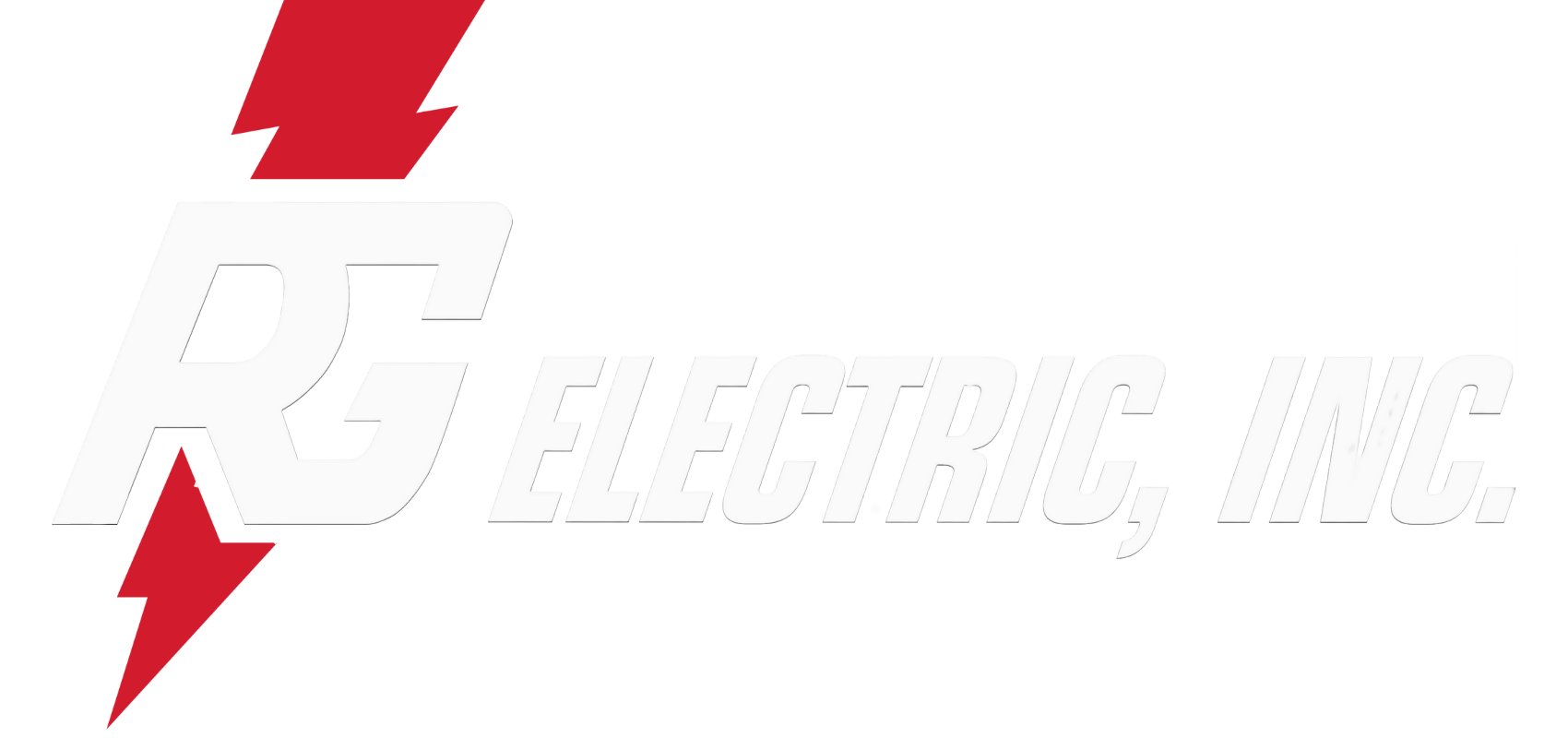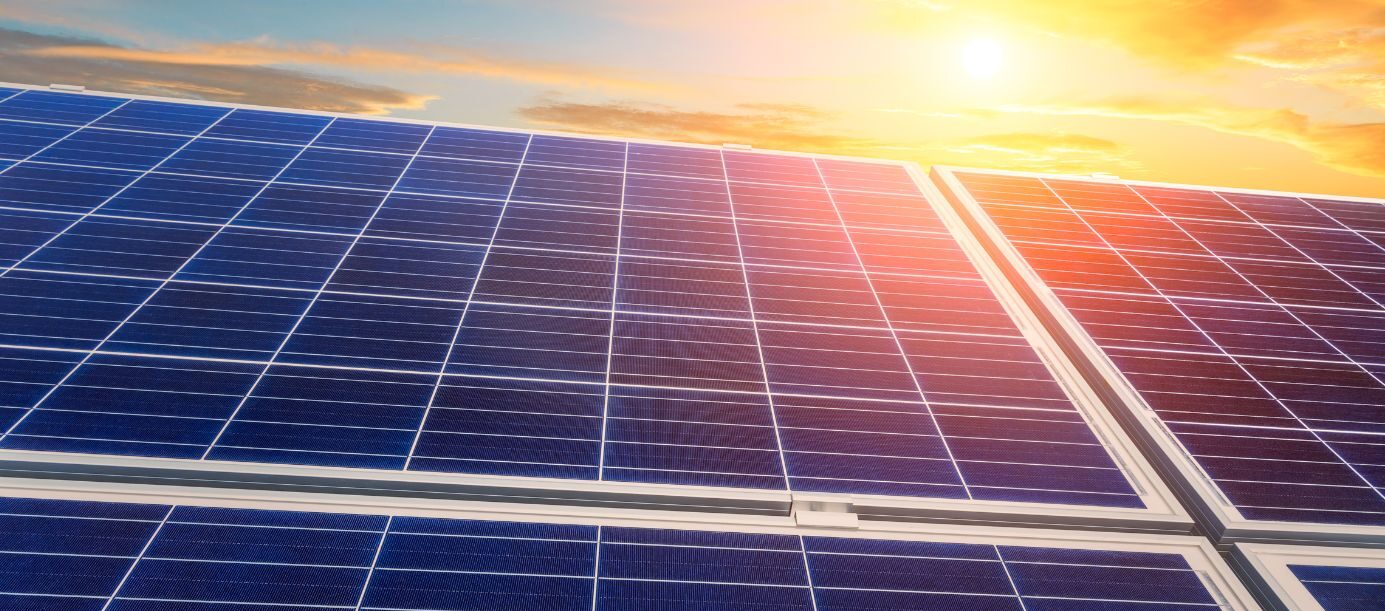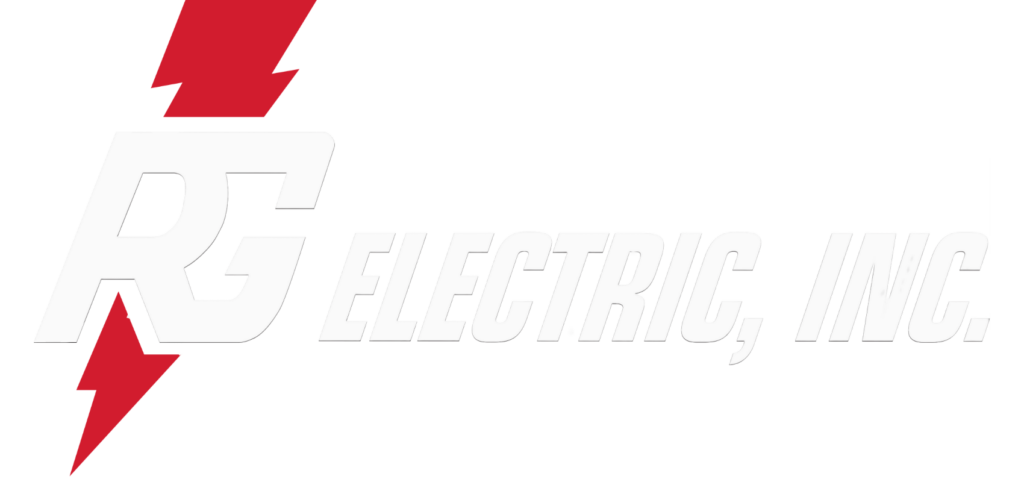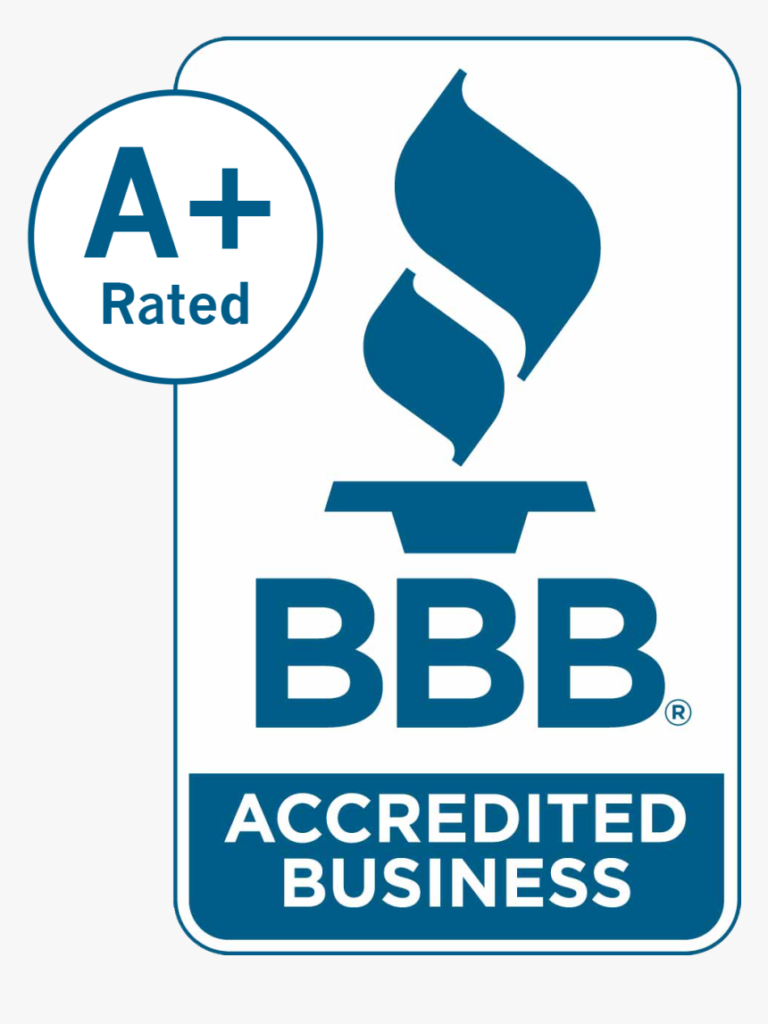Solar Savings Unveiled: The Real Cost of Powering Your Home with the Sun
So, you’re ready to take the plunge into the world of solar energy, but there’s a big, glaring question burning brighter than a midsummer day: How much is this going to cost me? Fear not, solar seeker this is a solar system cost! We’re here to break down the costs of installing a residential solar system. 🌞
The Price Tag: Breaking It Down
Before we dive into numbers, let’s remember one thing: solar power is a long-term investment. Sure, the upfront cost might make you blink faster than a solar flare, but the savings over time? Stellar. Here’s a breakdown of what goes into that initial investment:
- Solar Panels: These are the stars of the show, capturing sunlight and converting it into electricity. The cost can vary based on the type and efficiency of the panels you choose. Think of it as choosing between a compact car and a luxury SUV; both will get you there, but one does it with a bit more flair (and a heftier price tag).
- Inverter: This handy device converts the DC electricity generated by your panels into AC power that your home can use. It’s the unsung hero of your solar system, ensuring that every photon of light is put to good use.
- Installation & Labor: Climbing up roofs and installing solar panels isn’t a DIY project for a sunny Sunday afternoon. Professional installation ensures your system is safely and correctly set up, which, yes, adds to the cost but also adds to the peace of mind.
- Permits & Paperwork: Ah, the joys of bureaucracy. Depending on where you live, you’ll need permits to install your solar system. This cost can vary widely, so it’s best to check with your local authorities or solar installer.
A Numbers Game: Average Costs
Now, let’s talk turkey… or should we say, solar energy? On average, the total cost of a residential solar system, including installation, can range from $15,000 to $25,000. But before you faint, remember, this is before any tax credits or incentives, which can significantly reduce the upfront cost.
Sweet Solar Incentives
Here’s where it gets exciting. Various federal, state, and local incentives can help offset the cost of going solar. The most notable is the Federal Solar Investment Tax Credit (ITC), which allows you to deduct a portion of your solar energy system cost from your taxes. Many states offer additional rebates, tax credits, and incentives, making solar more affordable than ever.
Long-Term Savings: A Bright Future
While the upfront cost might seem daunting, the long-term savings shine bright. Solar panels can drastically reduce or even eliminate your electricity bills, and with the average lifespan of a solar panel system being 25-30 years, that’s a lot of savings. Plus, solar panels can increase your home’s value, making it a smart investment for the future.
Wrapping It Up: Is Solar Worth It?
In a word: Absolutely. While the initial investment in a solar system can be substantial, the long-term benefits — from lower electricity bills to a smaller carbon footprint — are undeniably worth it. By harnessing the power of the sun, you’re not just saving money; you’re also taking a giant leap towards a more sustainable and eco-friendly lifestyle.
So, are you ready to join the solar revolution and enjoy the sunny side of savings? Remember, the cost of solar is more than just numbers on a bill; it’s an investment in a brighter, greener future. 🌍



